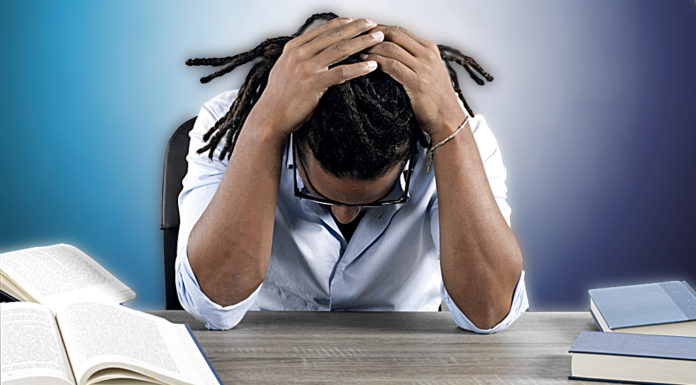When we bear witness, when we become the situation—homelessness, poverty, illness, violence, death—the right action arises by itself. We don’t have to worry about what to do. We don’t have to figure out solutions ahead of time. Peacemaking is the functioning of bearing witness. Once we listen with our entire body and mind, loving action arises.
– Bernie Glassman
I remember my second grade teacher used to talk to us about how she would never forget where she was when she learned that John F. Kennedy had been assassinated. No matter how many times she told the story, it always amazed me how descriptive and vivid her words, emotions and feelings were—even though it was more than 20 years after the death of JFK at that time.
As an educator I, too, tried to pass on my remembrance of 9/11, especially since I was still serving on active duty when 9/11 happened. I remember being glued to the news in the days and weeks after the attack. I wanted to bear witness and watch history write itself before my eyes, and each year in my classroom, I bore witness to my students so they would not forget what happened. I wanted to convey the fear that gripped us as a nation, the loss of security that we once had, and the coming together that occurred following the attack.
Much like these moments in our history as a nation, I will never forget where I was when I learned about the murder of George Floyd. While we have been aware of many of our Black men and women who have lost their lives at the hands of the police, the way in which he senselessly had his life taken from him, the 9 minutes and 29 seconds, as we learned this week, that his murderer kept a knee on his neck, the pleading, the begging to simply just … breathe, was something we could never forget.
As I watched the trial of Derek Chauvin this past week, I was reminded of the need to bear witness, to feel, to watch, to process and to hurt. For months, I refused to watch any video from May 25. I simply could not allow myself to endure the trauma of watching a man lose his life, take his last breath, and plead for mercy.
I could not listen to those around him, helpless to save him, cry out and beg for his life. However, in a training I attended in July, the facilitator asked, “How do you hurt?”—and I could not fully answer. I had to touch my pain, examine my grief, and interrogate my trauma so that I could turn my pain into purpose. Watching the trial has been traumatic. We have had to watch the murder of George Floyd from multiple angles, listen as people express guilt of not being able to help, and feel the pain of those who were there and now have to relive the pain in front of the world.
Last May, I gave educators a call to action to teach in a way that totally disrupts and dismantles the system of oppression. In the words of Wendy Williams, “How you doin’?”
Did you change?
Did you educate yourself?
Did you push through even when you felt fragile? When you experienced guilt? Rage?
We Must Watch
Today, 10 months later, I want to challenge you to watch. I challenge you to bear witness and ask yourself, “How do I hurt, and how can I hone my hurt to disrupt, uproot, tear down and build something better for myself and my students?” I also challenge you to learn more about police-free schools and how reallocating the money we spend to have officers in our schools could be used to help students rather than harm them.
I don’t know how this trial will end. Too many times, we have seen the justice system seem to operate as a “JUST-US” system. We have watched it fail people of color and underserved communities time and time again. From Sandra Bland to Tamir Rice to Breonna Taylor to Freddie Gray to Amadou Diallo to Trayvon Martin to Philando Castile—we have witnessed so many not be brought to justice. I hope this time is different. We can only watch and see.










